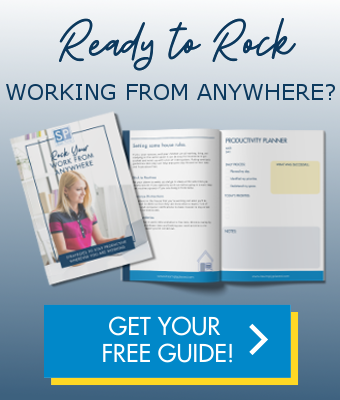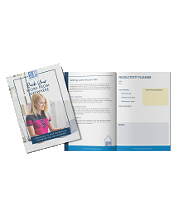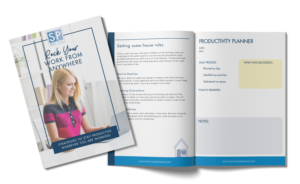
This time of year most of us do a lot of shopping. With long lists of gifts to purchase, parties to plan and trips to prepare for, we feel the need to buy more things. The ease of purchasing online can make it hard to avoid buying too much, sometimes things we don’t really need or even want. Many people find themselves buying more and more stuff almost without thinking about it, and without realizing how much their stuff weighs them down.
Our society gives a lot of messages that the more things we have, the happier we will be, but research shows just the opposite. There are many other things, like being of service, that are much more likely to make us happy. Gifts of your time and experiences will be appreciated and remembered much more than another gadget, sweater or box of chocolate. While it may be tempting to give our kids more toys or things, they too will cherish most the time you spend together being truly present. Ice skating, sledding, theater or concert tickets, high tea, zoo passes… there are so many fun ways to spend time with friends and family that create meaningful memories and don’t burden anyone (or the environment) with more packaging or stuff.
Of course there are times when buying a gift for someone makes sense and gives great pleasure to both the giver and receiver. Shopping is necessary for many things; if done consciously you can avoid overloading yourself and others with unnecessary things.
Try these four tips to be a conscious shopper and keep stuff under control:
1. Don’t make shopping a social activity
Shopping has become one of America’s top two leisure activities (second only to watching TV). Any time you go to the mall to socialize with friends, chances are you may end up buying stuff you don’t really need, when you actually just want to spend time with your friends. So do something else with your friends instead. Plan to cook together, craft together, exercise together, or play games together, but don’t plan to shop together.
2. Leave your credit cards at home
Many studies show that we don’t feel we are spending our money when we use credit cards, so we are more likely to buy things we can’t afford and don’t really want or need. One study out of Purdue University showed that people who merely saw a credit card logo were willing to pay three times more for a piece of clothing than people who didn’t see it. In another study, MBA students at MIT were willing to pay more than twice as much for sports tickets when they could use a credit card instead of cash. Fill your wallet only with what cash you can afford to spend and leave credit cards at home.
3. Don’t shop on your mobile device
Research shows we spend more money when we shop on mobile devices. Why? Online retailers gamify shopping and take advantage of those dull commuting or waiting-in-line moments. Read, knit, solve puzzles, or listen to music when you are bored, but don’t shop on your mobile device.
4. Make a list – plan before you shop
Planning ahead before you go shopping so that you know what you will buy and where you will find it will save you a lot of time and money. Shopping online? Do your research first, then sleep on it and make your purchase later. Shopping at your local stores? A quick call to the location you plan to visit to make sure they have the item you are planning to buy saves time and hassles; ask them to hold one for you if they can. If you don’t have a plan before you shop, chances are you will waste time wandering through stores (or websites) hoping for inspiration, and along the way pick up more things you don’t really need or want.
This holiday season, give yourself and others the gift of shopping consciously!
Contact us to learn how we can help you gain more control over your stuff and create habits for staying organized.
(Images courtesy of Scott Chan at FreeDigitalPhotos.net)







